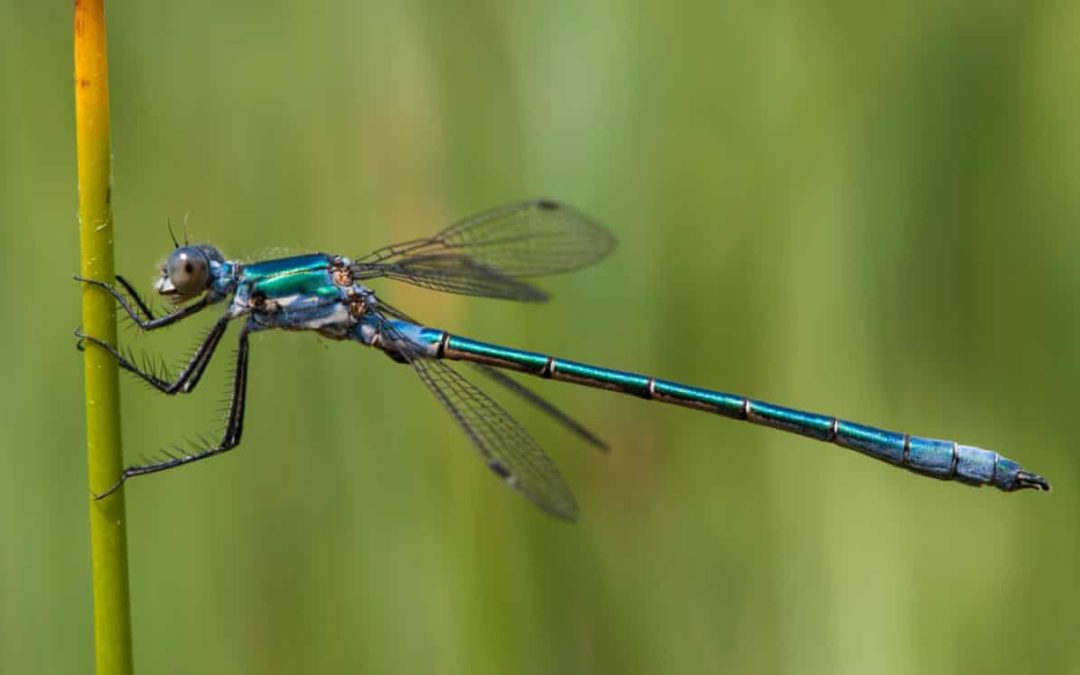SOURCE: The Guardian
DATE: January 11, 2021
SNIP: Insect populations are suffering “death by a thousand cuts”, with many falling at “frightening” rates that are “tearing apart the tapestry of life”, according to scientists behind a new volume of studies.
The insects face multiple, overlapping threats including the destruction of wild habitats for farming, urbanisation, pesticides and light pollution. Population collapses have been recorded in places where human activities dominate, such as in Germany, but there is little data from outside Europe and North America and in particular from wild, tropical regions where most insects live.
The scientists are especially concerned that the climate crisis may be causing serious damage in the tropics. But even though much more data is needed, the researchers say enough is already known for urgent action to be taken.
Insects are by far the most varied and abundant animals on Earth, with millions of species and outweighing humans by 17 times. They are essential to the ecosystems that humanity depends upon, pollinating plants, providing food for other creatures and recycling nature’s waste.
The 12 new studies are published in the journal Proceedings of the National Academy of Sciences. “Nature is under siege [and] most biologists agree that the world has entered its sixth mass extinction event,” concludes the lead analysis in the package. “Insects are suffering from ‘death by a thousand cuts’ [and] severe insect declines can potentially have global ecological and economic consequences.”
Prof David Wagner of the University of Connecticut in the US, the lead author of the analysis, said the abundance of many insect populations was falling by 1-2% a year, a rate that should not be seen as small: “You’re losing 10-20% of your animals over a single decade and that is just absolutely frightening. You’re tearing apart the tapestry of life.”
Another of the papers sets out actions that can protect insects. Individuals can rewild their gardens, cut pesticide use and limit outdoor lighting, it said, while countries must reduce the impacts of farming. All groups can help change attitudes towards insects by conveying that they are crucial components of the living world.

